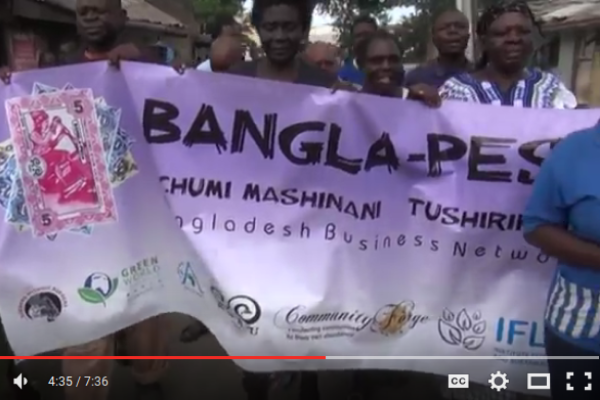
October 9, 2015
[Editor's note: The Bangla-Pesa recently celebrated over two years in operation. Below are two videos that describe how this complimentary currency system works and how it has helped business owners in Bangladesh, Kenya to operate more efficiently by providing an alternative to the national currency that is in chronically short supply in impoverished areas like Bangladesh.]
Go to the GEO front page
58 views

Comments
Frans Verhagen
October 1, 2023, 5:39 pm
I was at your presentation at AMI this morning. I have several questions which I will pose in a email, if you seen your email. I am the final speaker this afternoon and my bio is at the AMI website.
Add new comment